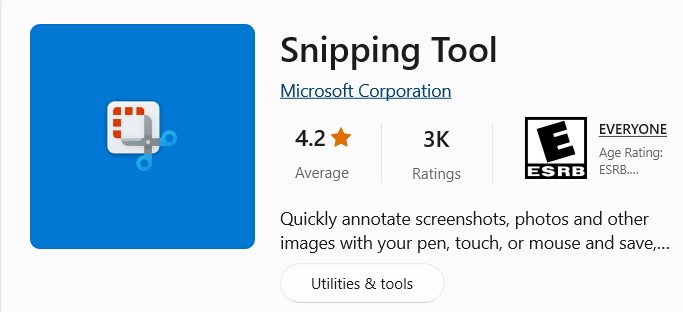
Using strong verbs can help you fulfill that adage of “show, don’t tell.” Here are several ways you can switch out weak verbs for strong verbs.
Change Adjective + Verb Pairs into Strong Verbs
Rather than trying to make a verb more powerful by adding an adjective, keep an eye out for places where you can instead replace the adjective and verb with a stronger verb.
Here are some examples:
- walked strongly -> strode
- ate hungrily -> gobbled, devoured, scarfed
- secretly listened -> eavesdropped
- looked angrily -> glared
- slept lightly -> dozed
- echoed loudly -> reverberated
- ran quickly -> dashed, rushed, sprinted
Replace Weak Verbs with Strong Verbs
Strong verbs help the reader see the action taking place in your story, while weak verbs don’t have that power.
Replace “Be” Verbs
Weak verbs include “be” verbs: am, is, are, was, were, be, being, and been. Sometimes a “be” verb is exactly what your sentence needs, but you can often replace it with a stronger verb that makes the whole sentence better.
- Weak Verb: The food was so good. -> The food tasted so good.
- Wordy Construction: She is the teacher of the fourth graders. -> She teaches fourth grade.
- -ing Construction: They chattered excitedly as they were coming home from soccer practice. -> They chattered excitedly as they came home from soccer practice.
- Passive Voice: He is being interrogated. -> They interrogated him.
- Nominalization: It is my intention to call her today. -> I intend to call her today.
Replace Other Abstract Verbs
Here are some more abstract verbs that don’t evoke an image when read; they can be replaced with stronger verbs as well.
- provide: “He provided information” versus “He shouted the information” or “He scribbled the information on a notepad.”
- add: “‘I think so,’ she added” versus “‘I think so,’ she quipped” or “‘I think so,’ she ground out through gritted teeth.”
- go/went: “She went outside” versus “She ran outside” or “She darted outside” or “She shuffled outside” or “She danced out the door.”
- put: “She put the book down” versus “She threw the book down” or “She tossed the book aside” or “She positioned the book on the desk” or “She placed the book on the desk.”
- sit: “She sat in the chair” versus “She slouched in the chair” or “She dropped into the chair” or “She perched on the chair.”
How do you replace weak verbs with strong verbs in your writing? We’d love to hear in the comments below!
















Hi Catia, I have recently got back into writing and discovered your posts while refreshing my ‘writing skils’ – I’m finding them very helpful – so a big thanks.
A trick that I used to find those adjective + verb pairs was to do a search for words ending in ‘…ly’, it doesn’t get them all but interesting to see that it would have found all the examples above.